This is the fifth installment of our Women’s Bike Month interview series written by Steph Routh. This content is sponsored by the Community Cycling Center and Gladys Bikes.
The role of consultant in transportation planning and advocacy is inherently behind the scenes, yet the stiff competition associated with landing the next project contract creates a unique working environment delicately balancing self-promotion and service to agency clients (and, ultimately, the communities they serve). Add the implicit biases of gender, race. etc., and the waters of transportation consulting can be tricky, indeed.
Sumi Malik has been a transportation planning consultant with CH2M for over a decade, managing an array of projects in communities across the country. She also was instrumental in developing a mentorship program with Women in Transportation Seminars (WTS).
We sat down to chat after a yoga class at her favorite studio (note to self: I need to stretch more).
How did you get involved with Women in Transportation Seminars (WTS), and why?
I was interested in becoming a transportation planner, and considered PSU’s Masters in Urban and Regional Planning program. Jennifer Dill, a somewhat recent transportation planning professor then and now Director of TREC, recommended I go to a WTS luncheon to meet other planners. As soon as I went, I knew I had met my tribe.
I knew these were the professionals with whom I wanted to work—they cared about the built environment, were intellectually rigorous, and had a great deal of integrity. Moreover, the mission of WTS, “to advance women in transportation,” is for an industry in which women are historically underrepresented, and that was a mission I could wholeheartedly get behind. I began volunteering at luncheons while in graduate school; I have served on the board for many years; and I’m currently vice president of the Portland chapter.
You have invested a lot of energy in leading mentorship programs. Why do you feel it’s important for women to serve as mentors for other women?
Personally, I have always benefited from mentors, those senior to me, peers, those inside my organization and out. I think of myself as having a personal board of directors whom I consult at various times for a variety of career and personal reasons. I have always gotten sage advice, such as, “Don’t get really good at things you don’t like doing,” and “Often the most important part of a meeting are the conversations you have just before and just after.” I also have benefited from mentees, who ask me to puzzle through their advancement, causing me to sharpen my own logic.
Why specifically did you choose to develop WTS’ mentorship program?
I wanted to see WTS offer the same kinds of connections to others, and launched a very intentional mentoring program. It is also a way for lots of people to participate with a low level of commitment and high potential for reward. As far as women serving as mentors for other women, I’d like to expand that question. I think men are integral to the advancement of women, and I have personally seen women benefit from being mentored by men. Some of my mentors, who were among the first few women in transportation, pointed out they only had male mentors.
That said, certainly women mentoring other women is a unique relationship. I can have conversations about the interplay of my personal and professional life, how I may be perceived in the workplace, and how to overcome those perceptions, in a sort of shorthand with other women. They know the bar is higher for us in many ways than it is for men, and have learned some ways of addressing this disparity.
What do you love most about land use and transportation planning?
I like to think we are intentionally learning how to do civilization better through planning. The connections between environmental stewardship, quality of life, affordable housing, transportation, safety, and economic development are a lifetime’s worth of worthy work. In terms of my own personality and skill set, I love the quantitative, data- and evidence-driven approaches, and figuring out how to apply those to larger planning goals and decision-making.
Having devoted colleagues makes the profession extra special.
Advertisement
What is a project you are most proud of?
It’s hard to point to one project, but I am most proud of the projects that join the functional purpose and mobility needs of a highway, and increasingly balance those with the needs for multi-modal connections, particularly for active modes. Highways can often bisect communities, and figuring out how to make new multi-modal connections, while preserving the function and safety of a highway is particularly nuanced, including streetscape, crossing treatments, understanding the land uses in the corridor, and parallel routes.
I manage transit fare policy projects, which I find fascinating. Most of this work is outside of Oregon. I enjoy trying to envision new fare products for specific rider groups, types of transit service, or geographies, and understanding the revenue and ridership implications. This also has an environmental justice component to it, to ensure minorities and low-income people are not disproportionately harmed. Presenting this information to stakeholders, which can be very dry but can have huge implications, is something I always try to do better. Right now, I’m working on a project to develop a regional pass between two agencies in the New Orleans area, which has significant income and racial disparities between places.
You have mentioned to me that sometimes you are not taken seriously because of your physical stature. Could you talk about that?
You know me too well! I have, on occasion, been told I need to act with more authority. I’ve also been told that I don’t shy away from having uncomfortable conversations and sometimes tell people things they need to hear. Now, I am a South Asian woman, who is all of 5 feet tall, and look younger than I am. I have mentioned this feedback to another Asian woman, mentor, who has gotten the same feedback and says sometimes she feels talked over. She asked me if I could imagine a white male who is 6 feet tall, doing the same things I did, and receiving the same feedback. No, I couldn’t. I am kind, but I don’t speak softly.
So, what do I do? I am aware of this perception, and I do my best to overcome it by pointing out my accomplishments, how I steered a meeting, and agreements I facilitated. Asian people culturally shy away from self-promotion, but this doesn’t serve me in a culture that is all about self-promotion. I do my work, and I try very much to set the narrative of how that work is perceived.
What would you like to see changed in the transportation planning field?
I am heartened with Vision Zero work. I believe in mobility and understand the people’s demand for it, but feel planners have a moral obligation to protect the most vulnerable users of the roadway–pedestrians and bicycle riders–from what are often the most severe safety issues, fatalities. Planners cannot just give people what they want. We have to be prescient and stand up for conflicting principles.
What is one dream you have for this region?
This region has so much promise of continuing to be an example to US cities elsewhere. I would like to see Portland lead the way in addressing sustainability through transportation, with a more equitable approach to stakeholders. In the US, we have a history of subsidizing those that are already prosperous in many ways, reinforcing existing power structures, and face a lot of pressure to continue to do so. I’d like to see that change. I’d like to play my part in developing realistic solutions to do so.
Who is your shero?
I enjoy hearing the point of view of Seleta Reynolds, General Manager of Los Angeles DOT. I think she connects the dots between affordable housing and providing non-auto, transportation choices to people in a way that is easy to understand. She is a good thinker and has a common-sense way of talking about complex issues.
— Steph Routh is the communications director for the Community Cycling Center.
Never miss a story. Sign-up for the daily BP Headlines email.
BikePortland needs your support.



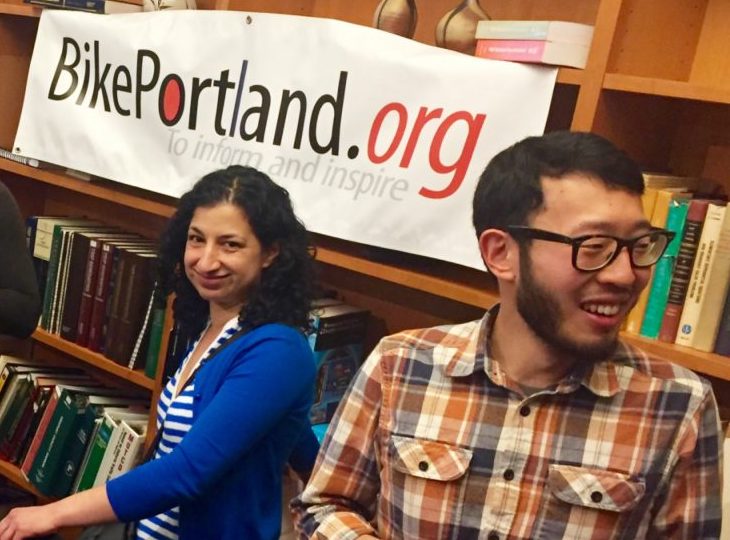
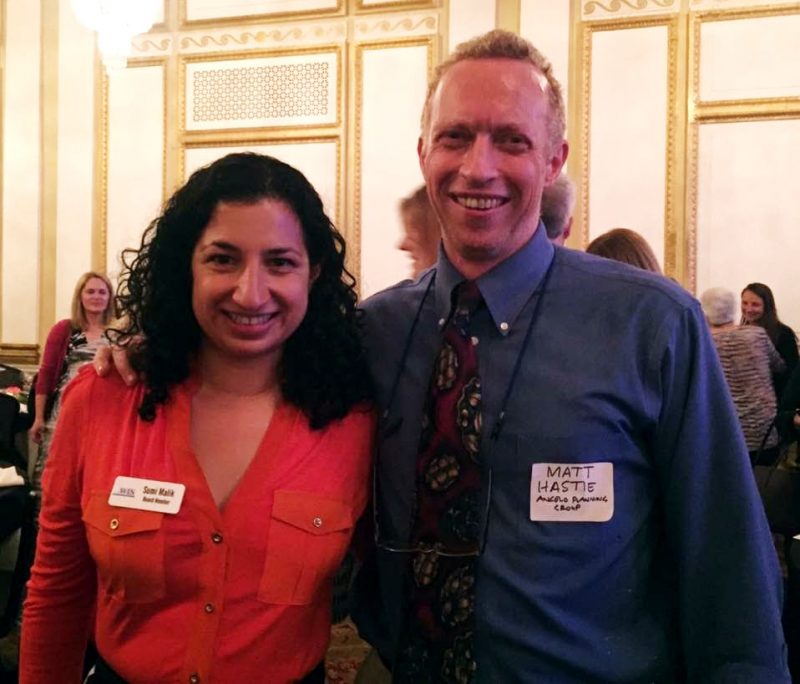
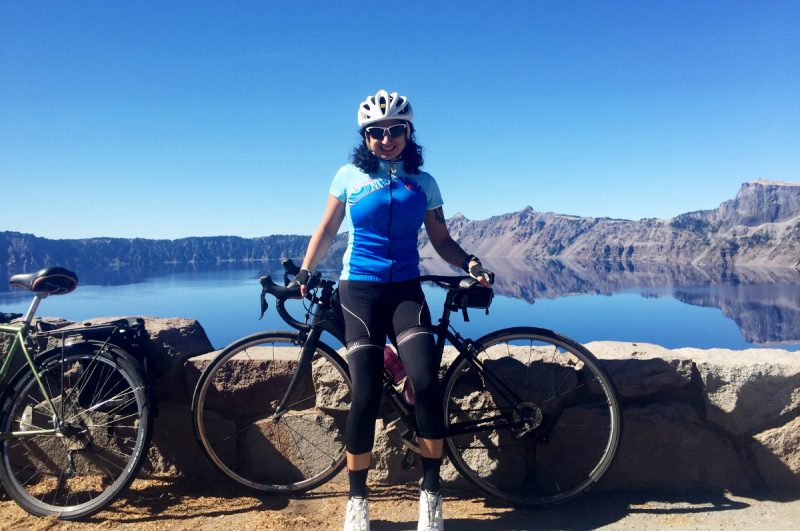
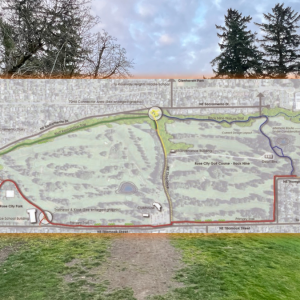
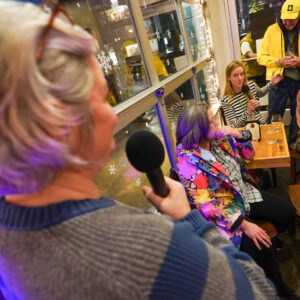
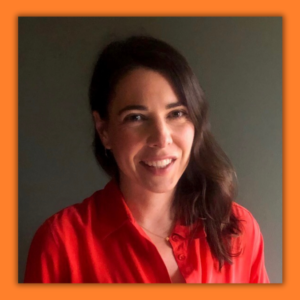

Thanks for reading.
BikePortland has served this community with independent community journalism since 2005. We rely on subscriptions from readers like you to survive. Your financial support is vital in keeping this valuable resource alive and well.
Please subscribe today to strengthen and expand our work.
Great article Steph! Sumi is awesome!
Nice profile of an amazing transportation professional!
BTW, the organization is “Women’s Transportation Seminar.”